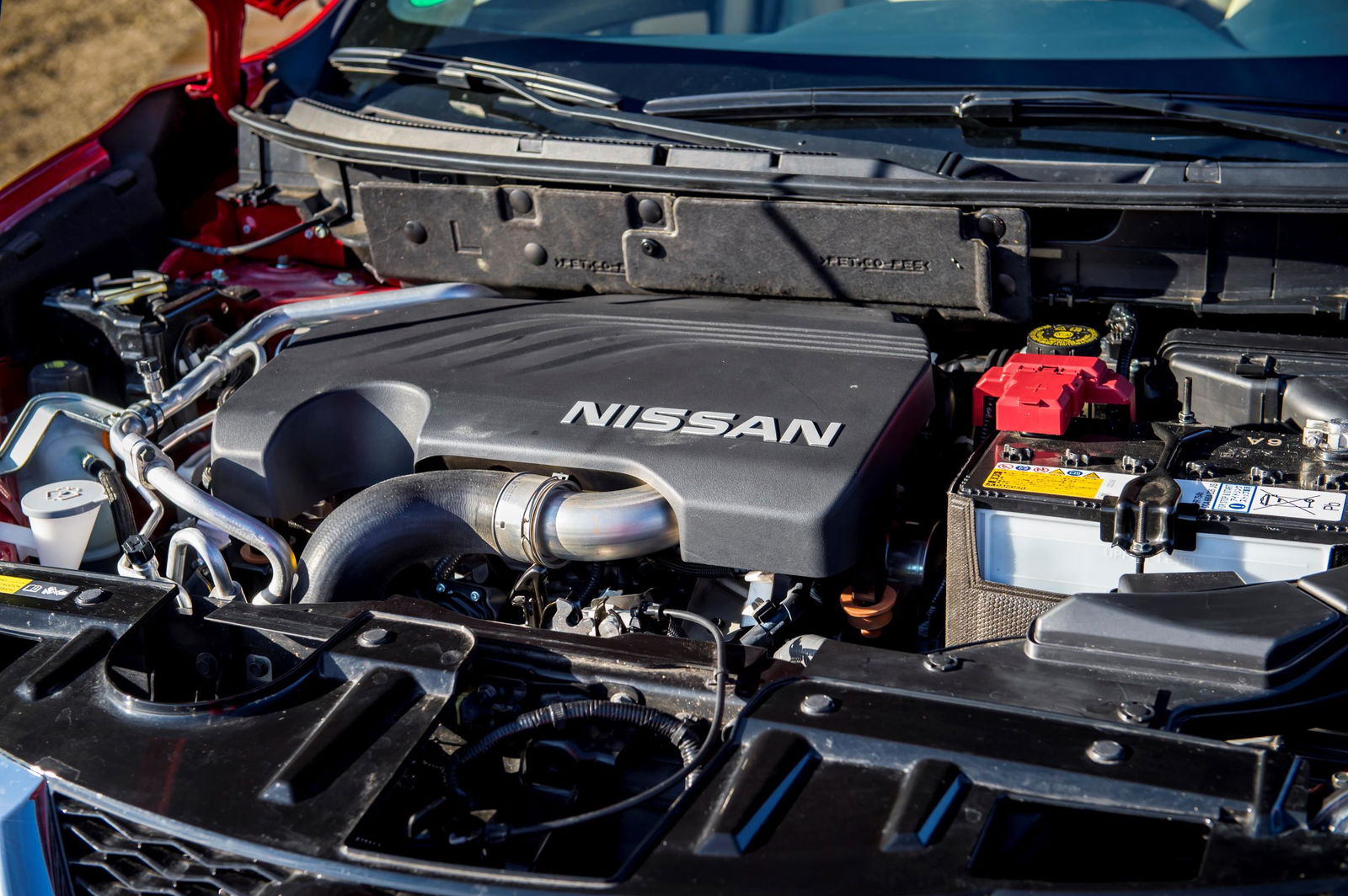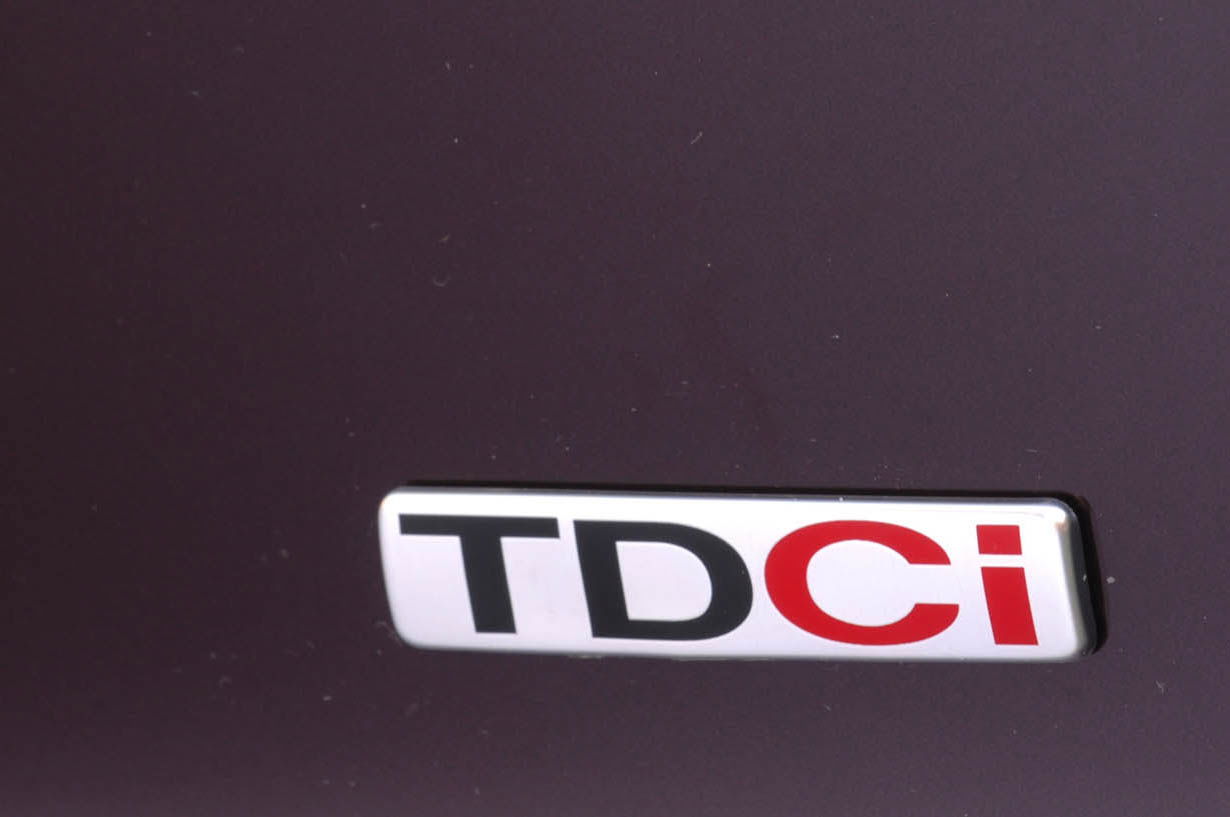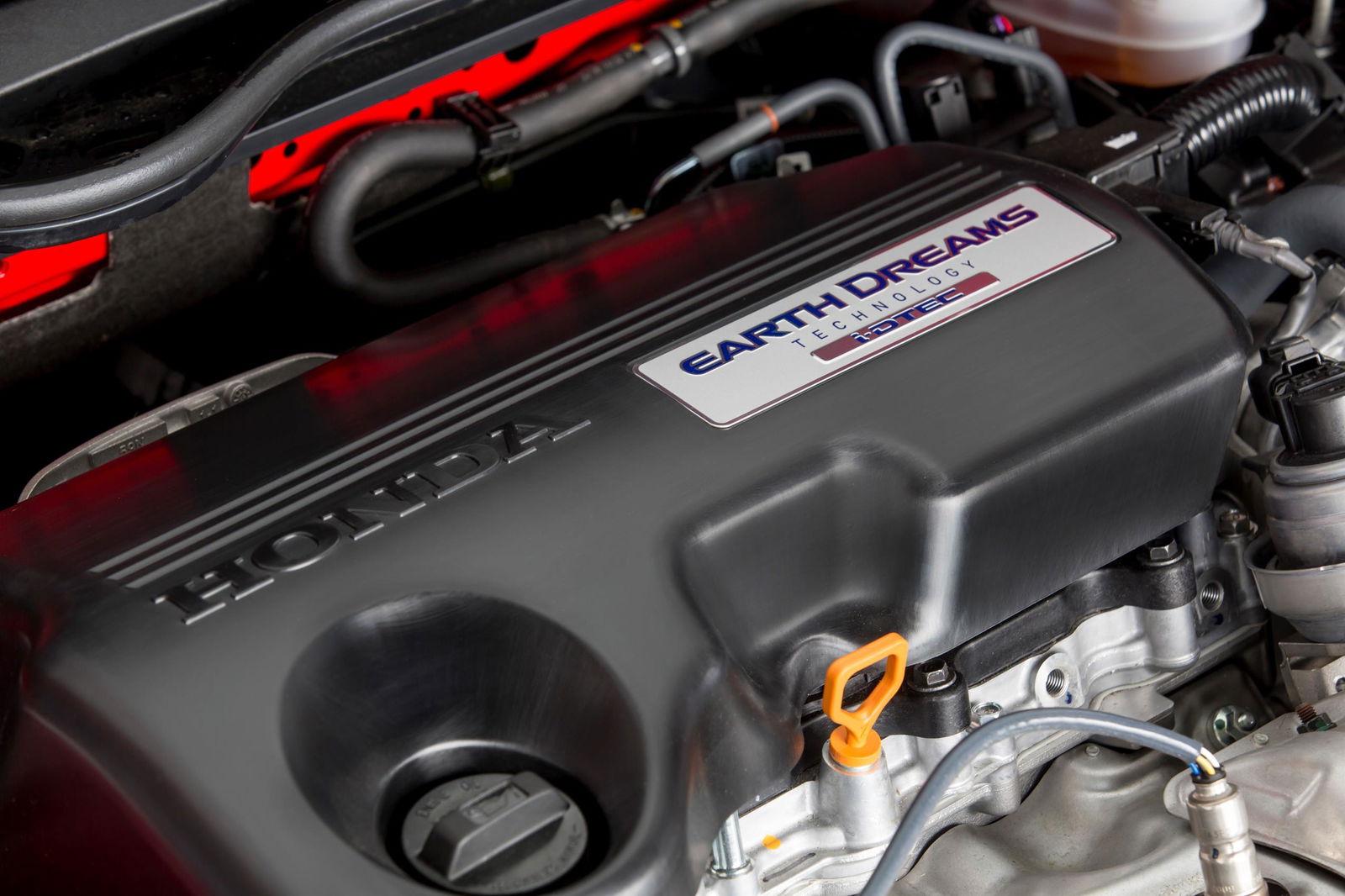A Simple New Exhaust Technology Could Save The Diesel Engine

Researchers have developed a technology that could virtually eliminate the problem of harmful nitrogen oxides from combustion engines, suggesting the possibility of a combustion-powered car that barely emits more harmful particulates than an EV.
British boffins at Loughborough University have reportedly reached such a successful stage in their project that its new technology is nullifying 98 per cent of toxic diesel NOx emissions even before being tuned for best results. That’s like throwing an engine together in your garage and discovering that it’s immediately producing 600bhp.

ACCT, or Ammonia Creation and Conversion Technology, uses Ammonia to separate nitrogen and oxygen. The molecules of the latter are attached to hydrogen instead, leaving no waste products other than nitrogen, which makes up around 78 per cent of Earth’s atmosphere, and common water.
At present, NOx particles, which are produced predominantly by diesel engines, especially when hot, are linked to the premature deaths of around 71,000 people across the continent every year. Four years ago the AdBlue system was introduced; a urea-based solution that helped exhausts burn off much more of the particulate matter. ACCT knocks AdBlue into row Z.

In early tests, the simple and cheap ACCT prototype was fitted to a diesel Skoda taxi, which focused on stop-start urban driving. While the standard, Euro 6-compatible AdBlue system captured 60 per cent of the particulates, the un-tuned ACCT hit 98 per cent right off the bat.
AdBlue’s effectiveness is limited by climate and operating conditions, but ACCT is said to work at almost peak efficiency at all times. You can imagine how valuable this sort of thing could be in a European car market that has seen diesel sales plunge 20 per cent.

Car makers, component manufacturers and even large fleet operators are apparently besieging Loughborough University to try to get their hands on the tech as soon as physically possible, according to Autocar.
The engineering team thinks it should be easy enough to integrate the technology into cars as they are today, and it could be in production within two years “with the right support,” by which they presumably mean money, and access to car and parts makers’ production processes. This could theoretically draw a lot more life out of combustion, easing the rush to electrify everything…
Source: Autocar

Comments
Simple exhaust technology ? Why didn’t they just go straight to VW
tfw people are gonna remove this just like the DPF in hopes of getting a little bit more power
VW after seeing new exhaust technology
The Black Pump isn’t dead yet!
Watch it disappear. The best technology is always put in some VAG desk drawer, never to be seen again. Years ago some dude developed a conversion kit to run an Audi Tdi on Plant oil. Was more powerful, better fuel efficiency, and just disappeared..
I want to see diesel come back like this…Anyone can be able to make diesel the ultimate alternative…Much love for TDI!!!
The problem with all this is as the filtration systems get more sophisticated, so does the NOx. The more you filter it, the finer it gets and the more dangerous it becomes to human beings.
The thick soot from old diesel engines simply drops down to the ground, but very fine, filtered NOx will just hang around for a bit, potentially deciding to give living in someone’s lungs a go.
So until they manage to get 100% filtration going (which seems very unlikely) we’re gonna have a bad time.
This isn’t anything new, as ammonia oxidation catalysts are already used in the trucking industry, at least here in America. They result in NOx conversions of at least 95%. It’s odd how these people are claiming it’s new technology, and I think I’m hearing the sue sue train coming…
I am not for sure about that….VW came up with a pretty cool set up but apparently it was “Bad for the Environment”
That analogy about building a 600hp engine in your garage… that makes sense
Pagination